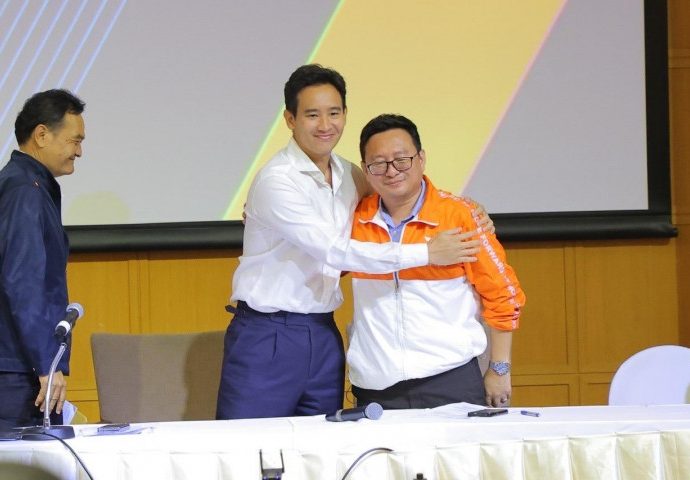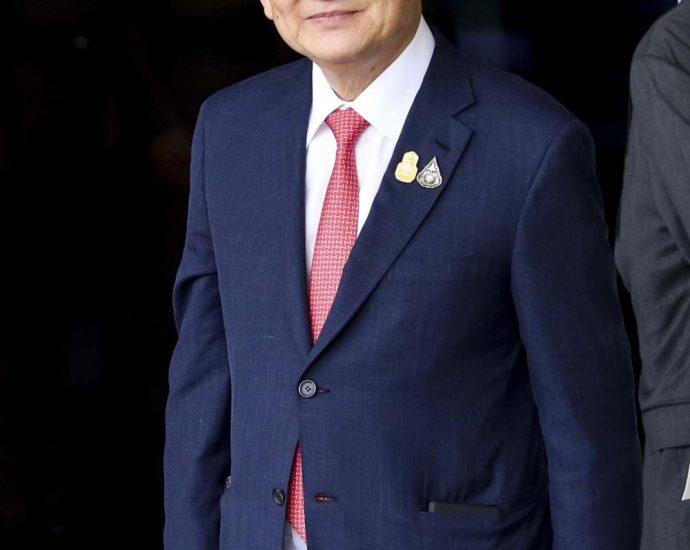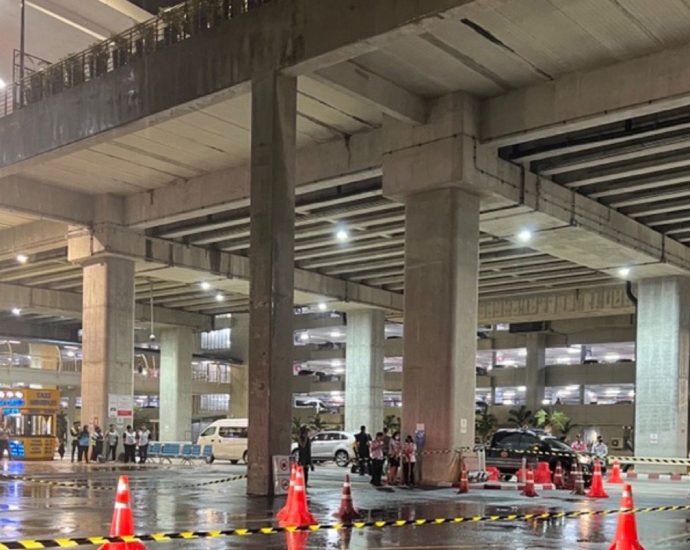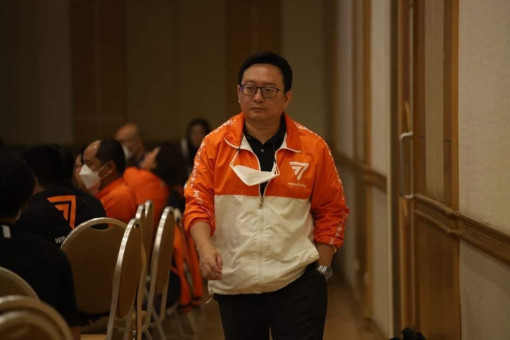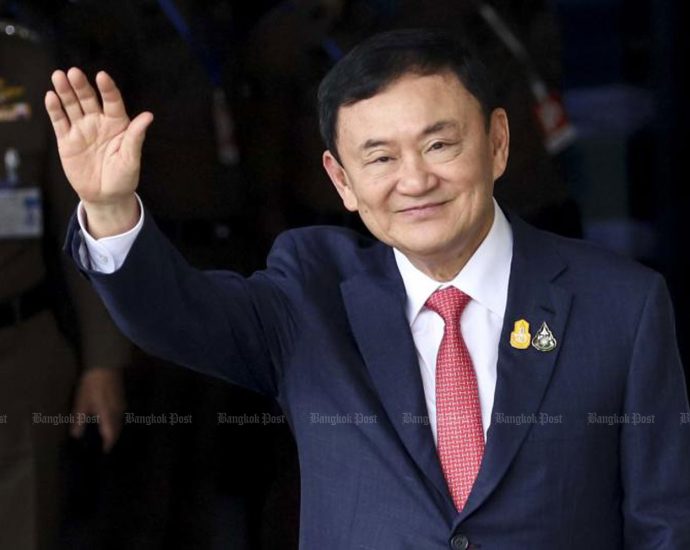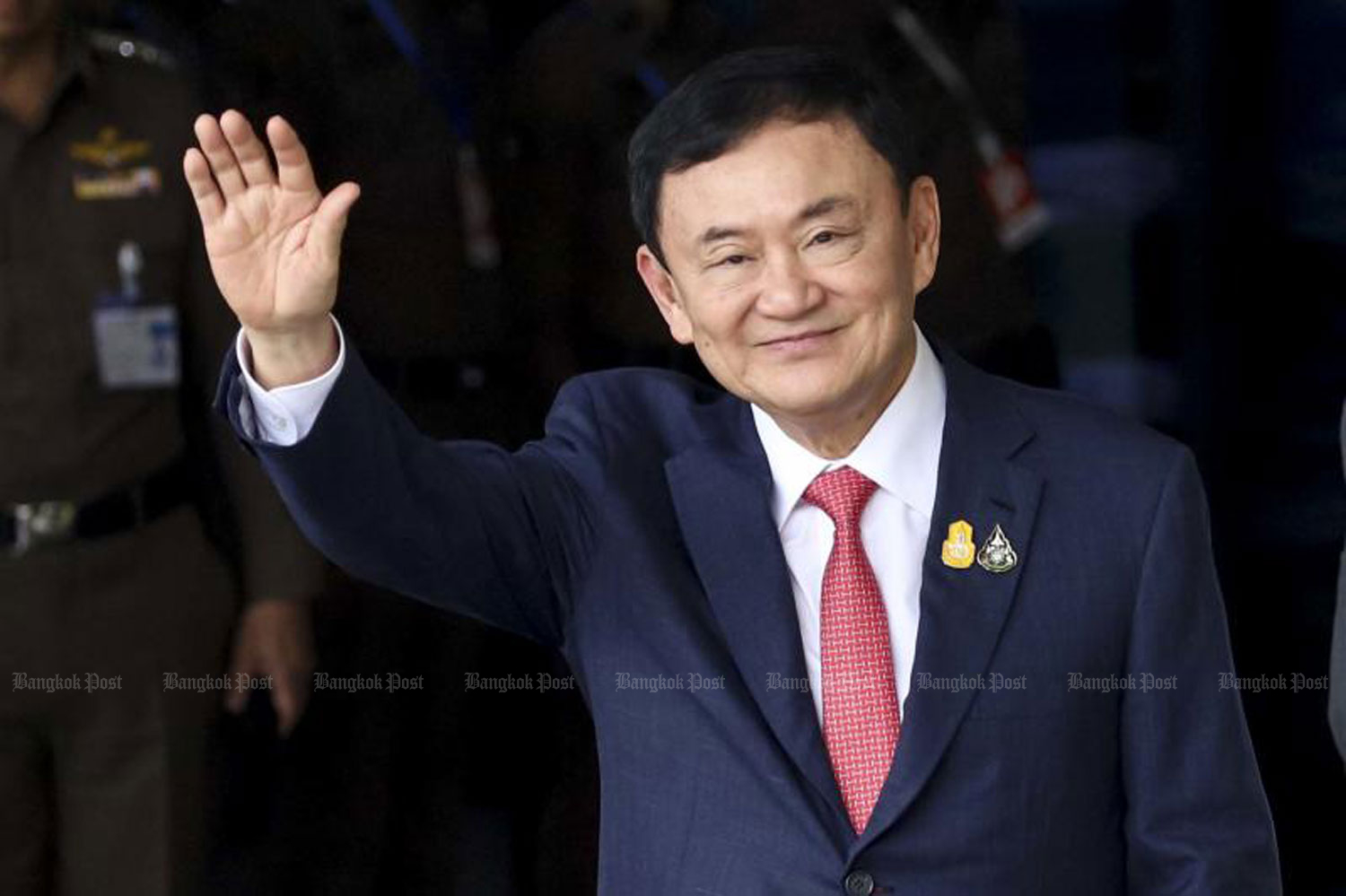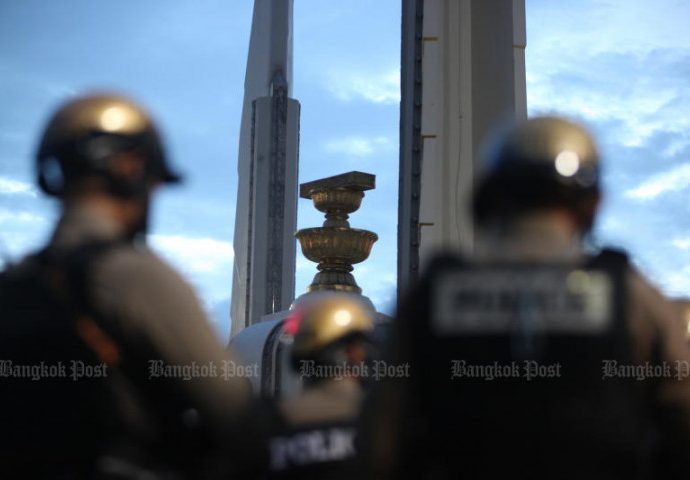Swiss man dies after ‘jumping’ from airport car park

PUBLISHED : 24 Sep 2023 at 04:00
PHUKET: A 53-year-old Swiss man died after jumping from a car park at Phuket international Airport on Friday night.
Police rushed to the airport after it was reported that a foreign man suffered injuries after jumping from a parking building about 7.30pm on Friday, Pol Col Salan Santisatsanakul, chief of Sakhu station, said yesterday.
The officers found traces of blood on the ground where the body was found. The injured tourist was earlier sent to Thalang Hospital.
The man, whose name was withheld, was pronounced dead upon arrival at the hospital, said Pol Col Salan.
Police believed the tourist deliberately jumped from the car park building. A security guard at the airport said he saw the man surveying the area on Friday. Authorities are investigating the cause.
Last month, a 50-year-old Australian man fell to his death from the car parking building at the airport.


